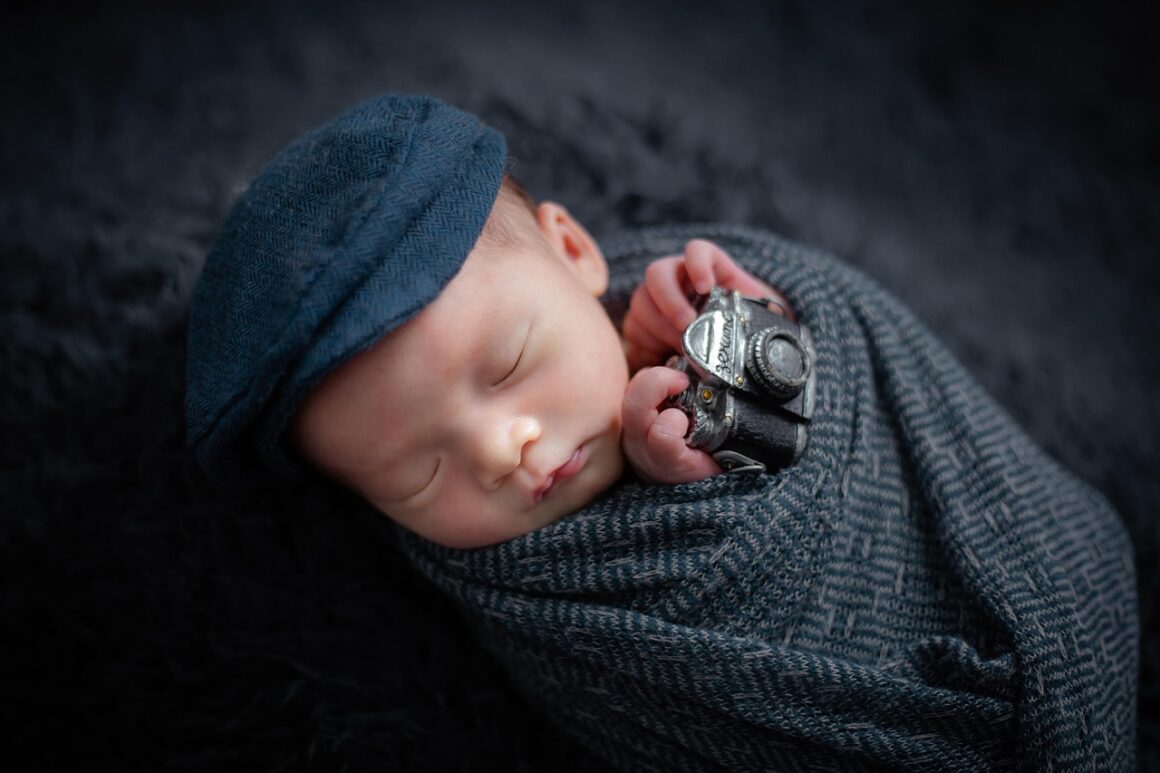I am Muslim, and am by no means a perfect one.
Regardless of the connotations associated with this, Islam has been an integral component in my upbringing and the person I am today is a result of the Muslim values my family has instilled in me throughout my life and the adversity I have faced due to my religious identity. I am grateful that I have a relationship with my religion that I find comfort in; however, my respect for these beliefs does not eliminate my qualms with the culture surrounding the religion nor the negative experiences I have endured because of who I am.
Islam teaching promotes that both boys and girls are expected to assume certain obligations by the time they reach puberty. As Muslim girls are considered to be women at the age of nine, they are also expected to begin wearing the hijab, or religious veil, at this age. However, due to the stringency a girl’s family chooses to adhere to their religion with, this change may or may not be the girl’s choice alone or at all. This is not due to the teaching of the religion itself but instead the culture surrounding it, as Islam enforces that the intentions behind good deeds are just as, if not more, important than the deeds themselves.
Therefore, for this reason, I decided after much contemplation that I would not don the hijab. As the majority of the women in my family do not wear hijab themselves, this decision was faced with little to no reaction from my family as it was not expected of me in the first place. The factor that made me definitively close this door was learning about intention in Sunday school. I realized that my intention behind considering hijab was not to please God or uphold my sense of modesty, but instead to gain some form of validation from my mosque community that I felt I lacked in my life.
Though I do not regret this decision, I think I speak on behalf of many other non-hijabis when I say that I am tired of the constant, “So, what happens if you don’t wear the hijab?” and “Wait, hijab is a choice?” questions.
I have never understood this inquiry despite being faced with it almost every time I introduce myself as Muslim to someone. My answer remains quite simple: people make their own decisions.
Similar to any other religion, followers of said religion can choose whether or not they want to implement every aspect of their faith into their lives. As no individual is perfect, even the most spiritual of people stray from their faith in at least one area of their lives. Hijab is one of these areas for me, yet many cannot acknowledge their imperfections when questioning non-hijabis on their choices.
However, the question of whether or not hijab is a choice yields a more complex response. Hijab is obligatory for Muslim girls, as expressed in the Quran:
“Say to the believing women that: they should cast down their glances and guard their private parts (by being chaste)…” 24: 31
Therefore, according to the Quran itself, hijab is an important aspect of the religion that is essential to believers of both genders (yes, there is a different form of “hijab” for men as well). Contrary to popular belief, however, Islam does not promote that the hijab should be forced upon anyone and condemns those who forcefully and/or violently impose their religious beliefs into the lives of others.
Similar to everything in one’s life, hijab is a personal decision that each girl has to make for herself. Unfortunately, some are not given this opportunity and are unjustly forced to don the head covering, but this is not in the way of Islam.
So on behalf of (almost) all non-hijabis, I urge you to stop feigning surprise at every Muslim girl who does not wear the hijab. I am sure there are aspects of your religion that are “mandatory” that you do not implement into your life for your own personal reasons as well.




